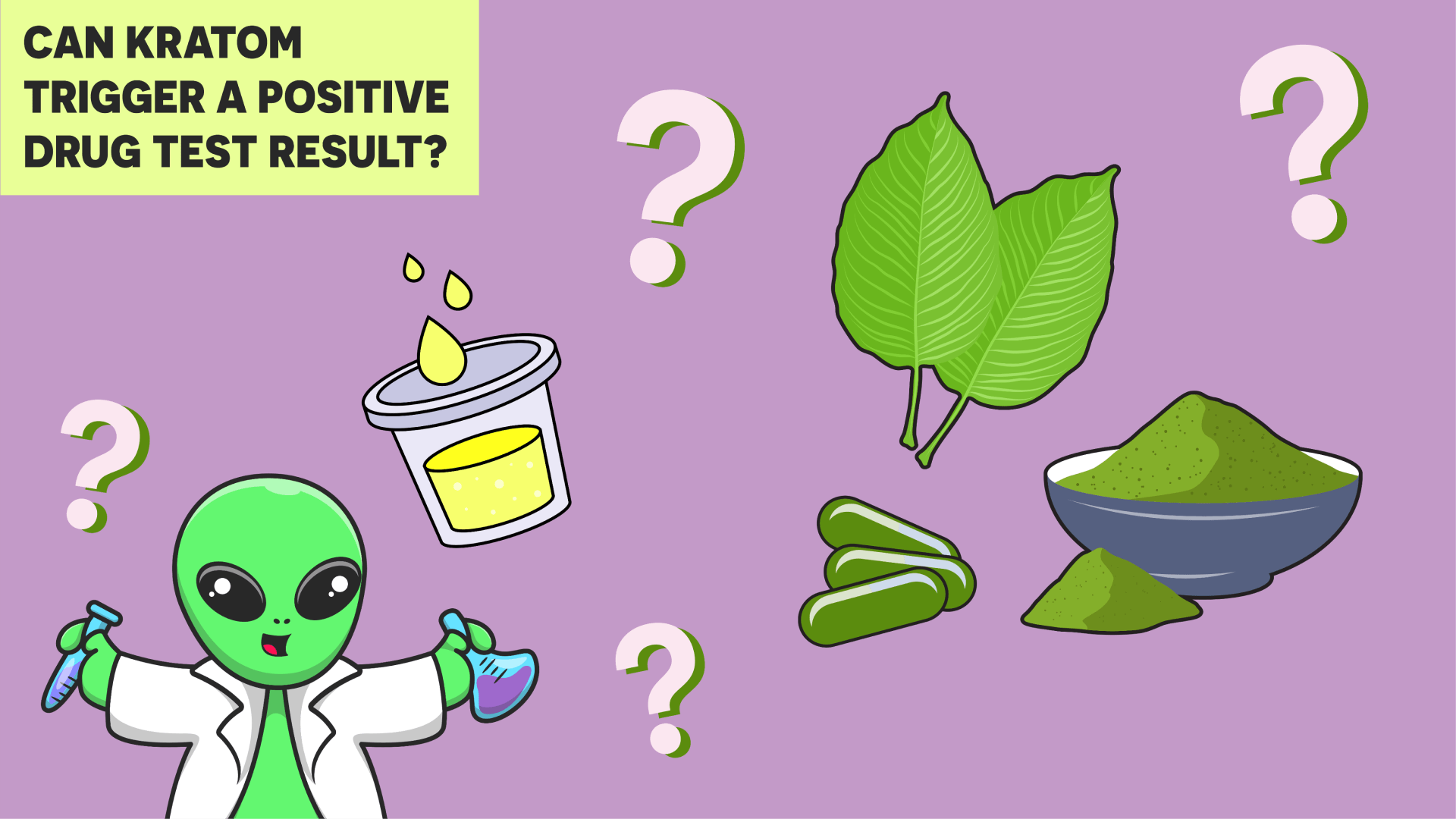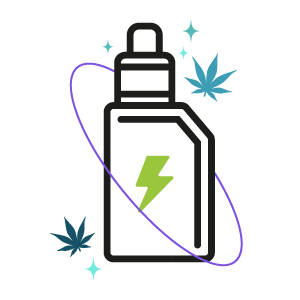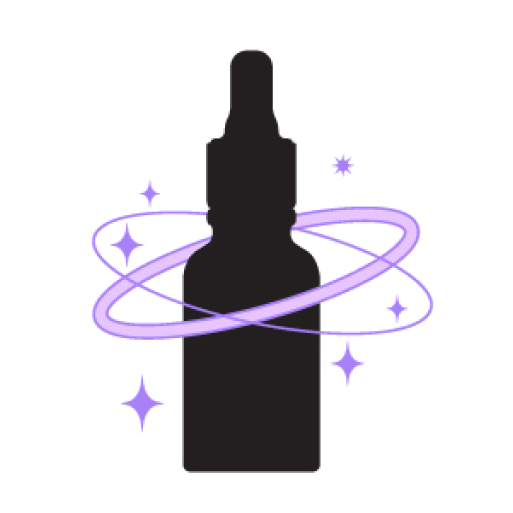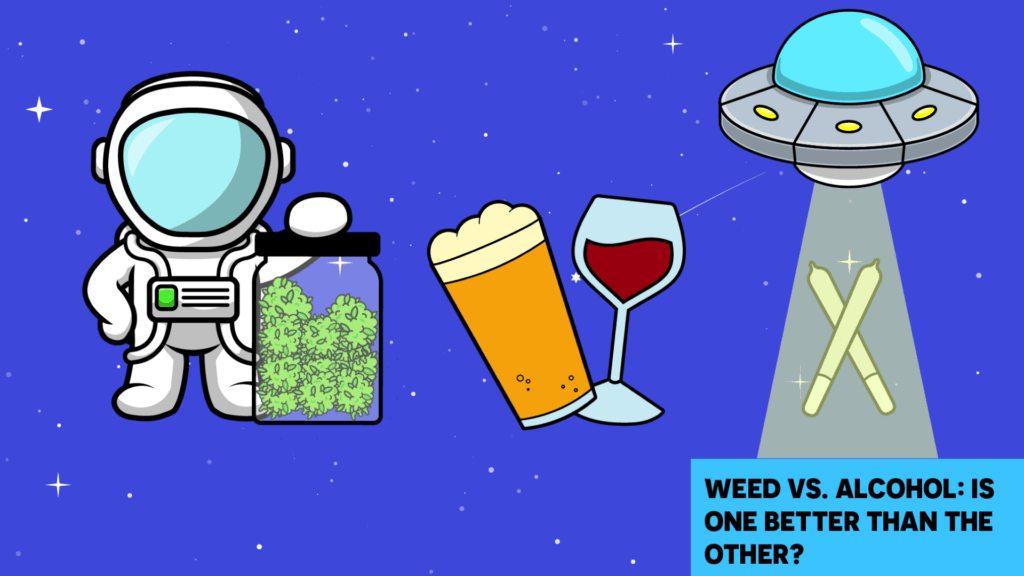Can Kratom Trigger a Positive Drug Test Result?

Did you know that kratom may or may not show up on a drug test depending on the type of test being administered? That’s right, if you’re job requires you to take a random drug test, there are some key things you’re going to want to know here today.
The Different Types of Drug Tests
Before getting into these different drug test types, we just want to quickly mention a few things. First, a drug test is a technical analysis of a biological specimen, such as urine, blood, hair, sweat, or saliva, to determine the presence or absence of specific drugs or their metabolites. The substances being tested for will depend on the reason for the test and the specific test panel used. More on test panels in a bit here. Now, if an initial test result is positive, a confirmatory test (often using gas chromatography-mass spectrometry or GC-MS) is usually conducted to ensure accuracy.
Keep in mind, however, that even though kratom works a lot like opiates since it acts on the brain’s opioid receptors, the two substances are immensely unique regarding chemical structure, so you wouldn’t test positive for opiates because of your kratom use.
Also, there is a certain risk of false positives. For example, a person who takes either diphenhydramine or fluoxetine along with kratom, could be at risk of testing positive due to a rare chemical reaction between the two substances. There might even be other drugs that cause this effect too, which’ve yet to be identified.
“5-Panel” Drug Tests
A 5-panel drug test is a common type of drug screening that checks for the presence of “5” specific drugs or their metabolites in a person’s system. This test is often used by employers for pre-employment drug screening or by other entities to ensure compliance with various regulations.
The standard 5-panel drug test typically screens for the following substances:
- Marijuana (THC): The psychoactive compound in marijuana.
- Cocaine: A powerful stimulant drug derived from the coca plant.
- Phencyclidine (PCP): A hallucinogenic drug also known as “angel dust.”
- Amphetamines: This includes both amphetamines (like Adderall) and methamphetamines (like “meth” or “crystal meth”). These are stimulant drugs that can increase energy, focus, and euphoric feelings.
- Opiates: This group includes drugs derived from the opium poppy, such as heroin, morphine, and codeine. Some synthetic opiates or opioids, like hydrocodone and oxycodone, might also be detected, although there are variations in the sensitivity of the test regarding these substances.
*Kratom doesn’t fall into any of these categories, so it wouldn’t be picked up at all, and you’d be able to pass a test.
“10-Panel” Drug Tests
A 10-panel drug test is usually more expensive for employers to conduct and is usually performed using a urine sample, but other specimens like blood or saliva might also be used. Essentially, it’s a common method to check for the presence of “10” specific drugs or their metabolites in a person’s system:
- Amphetamines: This includes drugs like methamphetamine and Adderall.
- Barbiturates: Such as phenobarbital, pentobarbital, and secobarbital.
- Benzodiazepines: Like Valium, Xanax, and Ativan.
- Cocaine
- Marijuana (THC)
- Methadone: Often used as a treatment for heroin or other opioid addictions.
- Opiates: This includes heroin, morphine, and codeine.
- Phencyclidine (PCP)
- Propoxyphene: An opioid that used to be prescribed for pain but was withdrawn from the U.S. market in 2010.
- Quaaludes (methaqualone): Though now rare, it’s a sedative and hypnotic medication
But Can Kratom Still Be Picked Up?
Just because kratom isn’t part of a standard drug-testing procedure doesn’t mean that it cannot be picked up. If an employer suspects that you’re using kratom, and that it’s affecting how you perform on the job, they have the legal right to test for kratom, specifically. So, there are actually testing methods for kratom, but they’re independent of most standard drug test panels that the average potential employee or service member has to take prior to being hired or accepted.
How Long Will Kratom Stay in Your Body For?
Let’s say that you’re one of the really unlucky ones who does find out that you will be directly tested for kratom. That doesn’t mean that you’re going to fail, since kratom doesn’t stay in your system forever.
However, people with higher body fat counts could end up with an extended window of testing positive due to the substance itself. Mitragynine is the primary alkaloid in kratom, and it’s fat-soluble. Those with a greater percentage of body fat then, can end up with Mitragynine that’s stored in their fat rather than getting metabolized at a rapid pace.
By now, you might be wondering if there’s a quick way to flush traces of kratom out of the system before a drug test. It’s true that diluting your urine through drinking water can slightly limit the risk of testing positive. Still, that’s not a totally effective method, especially if you’ve taken more than a moderate dose within the last few days. Of course, a person can overdose on water in a desperate attempt to clear it, so that’s something to be cautious about.
Why Does the Quality of the Kratom Matter?
Since kratom is unregulated on the U.S. marketplace, customers are left to their own devices to determine whether or not a kratom product they’re buying is safe, effective, and legitimate. Buying kratom from a sketchy vendor could, in rare cases, mean that you’re actually consuming other compounds that do put you at risk of failing a drug test, either through a true or false positive. This is why it’s crucial to strictly purchase your kratom from a reputable brand.
Final Kratom Drug Testing Thoughts
Overall, you can test positive for kratom, although it’s not as direct as you might think. Most drug tests that are administered for employment, probation, service, or sports, simply will not test for kratom at all, although the risk is typically there. But, you can be tested for any reason at any time, and still end up testing positive. Due to this, we recommend that you don’t use kratom if you’re going to be drug-tested in the near future, because once again, there is a risk of testing positive.











